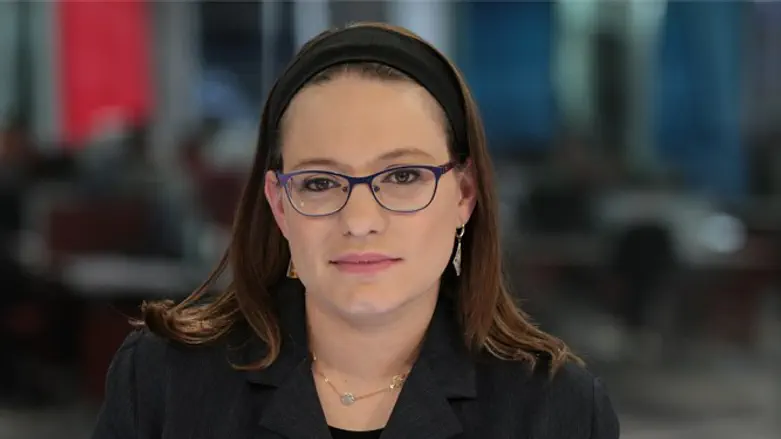
 In one form or another, the word "love" appears in the Torah 42 times. 23 of them appear in Sefer Dvarim (Deuteronomy) and 8 of them are found in this week's parahsa. Sefer Dvarim is the book of love and "love" is the byword for Moshe Rabbeinu when he separates from us and the keyword in the will he leaves us upon our entry into the Land of Israel.
In one form or another, the word "love" appears in the Torah 42 times. 23 of them appear in Sefer Dvarim (Deuteronomy) and 8 of them are found in this week's parahsa. Sefer Dvarim is the book of love and "love" is the byword for Moshe Rabbeinu when he separates from us and the keyword in the will he leaves us upon our entry into the Land of Israel.
In our parasha we read: "Only your forefathers did Hashem cherish to love them," "to go in all His ways and to love Him" and many other such passages.
Moshe Rabbeinu speaks about the mitzvot that we need to keep and also rebukes us for what we did wrong, but above all else he speaks of love.
Even the sin of the golden calf is described as an act of reconciliation by which we received the second Tablets of the Covenant because that's the main thing: to know how to move beyond controversy and conflict and to continue together.
Rabbanit Yemima Mizrahi explains that it's not by chance that we read this parasha this year in the sizzling heat of August, in the midst of the corona crisis and the long summer vacation. There is concern that we will feel even more packed together like sardines than usual, even more tense and stressed out.
Therefore this is the perfect time, despite everything, to demonstrate love --without calculation, without keeping score. This is what we need right now -- maximum empathy, expressions of joy, and just going with the flow, both in the home and in the world outside.
Shabbat shalom.
Translation by Yehoshua Siskin